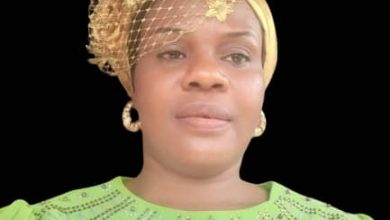Sports
2 mins ago
MTN Champs Ibadan Closes Out With Unforgettable Moments: Check Out Our Top Highlights
The curtains have closed on MTN Champs Ibadan Season 2, leaving behind a series of…
Sports
8 mins ago
Forbes Africa Spotlight: Napoli’s Victor Osimhen joins Fireboy DML, and Tobi Amusan in the 30 under 30 class of 2024
Super Eagles and Napoli striker, Victor James Osimhen, has been included in the 2024 Forbes…
Sports
15 mins ago
Photos: Bundesliga Champion Victor Boniface and girlfriend share intimate moment as they celebrate Leverkusen’s history-making win
Rikke Hermine Jensen, the girlfriend of Bayer Leverkusen star Victor Boniface, has taken to social…
Crime
1 hour ago
Baby girl injured in Bondi Junction stabbing improves, moved out of ICU
The nine-month-old was stabbed during Joel Cauchi’s deadly spree through Westfield Bondi Junction Shopping Centre…















